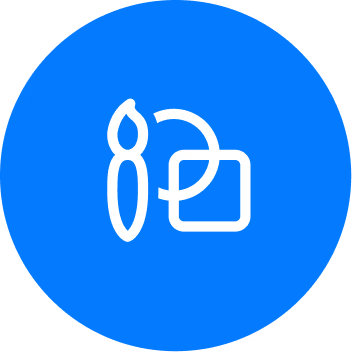
2024
ROLE
UX Designer
TIMELINE
3 Weeks
Project Overview
I was challenged to design an app to meet specific needs and foster community. I focused on creating a tool to locate public pianos, inspiring musical discovery for those without access to the instrument.
— This was my process:

Research
-User Interviews
-User Research

Ideate
-Problem Statement
-User Personas
-Card Sorting

Design
-User flows
-Wireframes
-Prototyping

Test & Finalize
-User Testing
-Feedback Integration

RESEARCH
To understand the challenges of limited access to pianos and the importance of music, I conducted interviews with three CSU Fullerton music students whose experiences provided insights into overcoming resource barriers.

Affinity Map organizing key points and takeaways from student interviews: Adam, Caleb, and Matthew

FINDINGS
Here's what I learned…

Lack of Access
Limited access to public pianos prevents creative and musical exploration.

Community
Public pianos foster connection and inspire musical interest.

Condition
The state of public pianos impacts their usability, with neglected pianos discouraging potential players.

Experiences
Public pianos bring people together, promoting collaboration and connection through music.
The Challenge
Access to public pianos is scarce in many communities, limiting opportunities for people to engage with music and share music with community. This lack of access prevents creative expression, especially for those without instruments.

The Question…
How might we improve access to information about public pianos to enhance community engagement in music and create musical opportunities for individuals with limited resources?

DESIGN
I began developing the concept by designing user flows, wireframes, and prototypes to simplify access to public pianos.

User flow 1: Onboarding process to get to home screen.

User flow 2: Search for a piano in 3 different ways and view location details.

Wireframe sketches of 2 main user tasks

DESIGN
Moderated usability testing
I conducted moderated usability testing, where participants interacted with my PianoHunt Figma prototype in person and provided feedback via a Google survey.
Key Takeways
Generational Usability Gap: Younger users found the app intuitive, while older users struggled with navigation and understanding the app's purpose.
Onboarding and Navigation Issues: Users had confusion about logging in and locating the map/list view toggle, suggesting the need for clearer instructions.
Positive Feedback: Users appreciated the smooth transitions, ease of use, details of the piano, and logo.

DESIGN
Revised major screens
Based on usability test feedback, I refined the three major screens into mid-fidelity designs and aimed to simplify the user journey and enhance clarity.

How usability has been improved
Clear View Toggle: Users can easily switch between map and list views with a more visible toggle, improving navigation.
Streamlined Onboarding: The updated onboarding screen explains the app's purpose and offers clear options to log in, sign up, or continue as a guest.
Increased User Trust: Added location permission for better user security and control over their data.

FLOW 1
Users are introduced to PianoHunt and given the option to enable location

FLOW 2
Locate a Piano
Users can locate a piano using three methods: the map, list view, or search bar.

FLOW 3
Piano Details
Users can click on a piano to view its details, check in, and add it to their favorites.



















